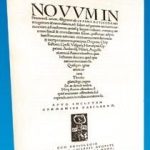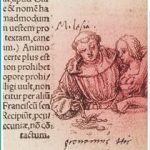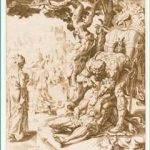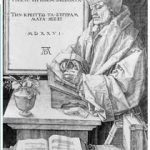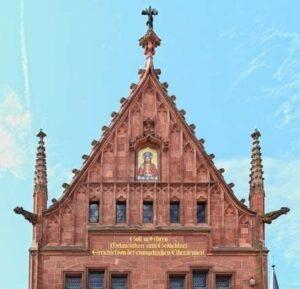Return to the Bible
Many Humanists also wanted to reform the Church. Erasmus of Rotterdam gave an important thrust in this direction when in 1515 he published the original Greek text of the New Testament and in his comments showed that many common church teachings and customs were not to be found there.
The Erasmus edition of the New Testament was of fundamental significance for the Reformation, because Martin Luther used it for his German translation. But Luther did not share Erasmus’ trust in the human potential of following Christ. His study of the Bible led him to another understanding of the relationship of human beings to God.
Genuine discipleship is only possible when people recognise their powerlessness and trust in God’s love alone, which they encounter in Christ’s cross and his resurrection and which liberates them to take selfless action.
At the end of 1520 Luther broke with the Pope, because the latter was not willing to subject himself to the authority of the Bible. Erasmus rejected this move of Luther’s. For him church unity was essential. He felt that without the Pope Europe would collapse culturally and politically. Hence he wanted a reform that would not threaten the visible unity of the church. However, many humanists of the younger generation – including Melanchthon – followed Luther.

